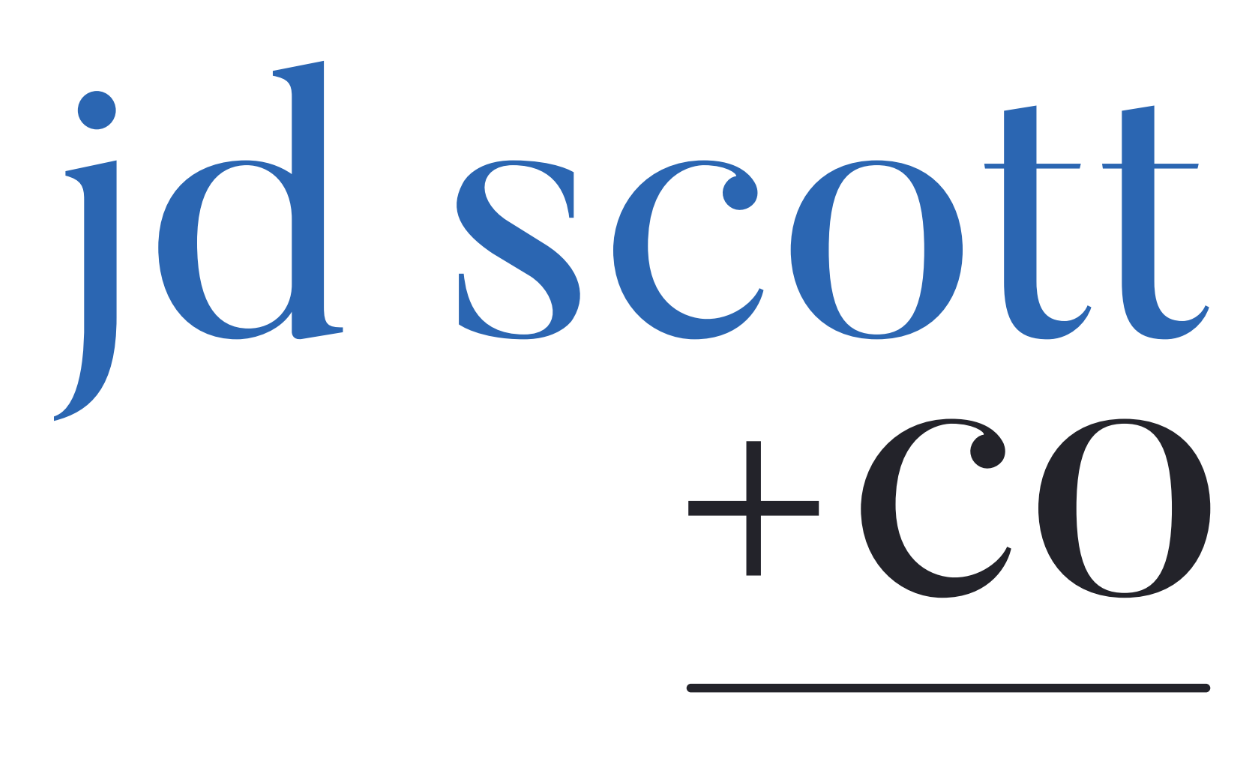Don’t know your ABN from your TFNs? This quick guide will help you through the terminology and to work out which of the more common business registrations you need. A complete list of registrations is available at business.gov.au.
Which registrations do I need?
We’ve summarised the types of business registrations below. Click on the like to get more details about each.
| Registration | Use |
| Australian Business Number | Needed for businesses, GST |
| Australian Company Number | All companies have an ACN |
| Business Name | To secure the name of your business |
| Tax File Number | Needed to lodge tax returns, superannuation |
| Domain names | Needed for websites, email |
Australian Business Number (ABN)
What is it?
An Australian Business Number (ABN) is an 11-digit number used to publicly identify your business. Unlike your tax file number, the ABN is available on a public register and can be search by anyone. It makes it easier to keep track of business transactions for tax purposes.
An ABN is used to:
-
- operate in the GST system, including claiming GST credits (that is, getting GST back on expenses you pay)
- avoid pay as you go (PAYG) tax on payments you receive (not having tax withheld from your income)
- confirm your business identity to others when ordering and invoicing
- access government online services
- as a charity, be able to receive tax deductible donations and be an income tax exempt charity.
Who needs one?
Not everyone can register for an ABN. To be entitled to an ABN you need to be starting or carrying on an enterprise in Australia. The definition of enterprise is quite broad. It also includes renting commercial property, operating a charity or acting as trustee of a superannuation fund.
If you haven’t yet started and you’re still in the planning phase, you can still get an ABN provided you have undertaken activities to start the business, for example:
-
- advertising, setting up a social media account or a website for the business
- purchasing business cards or stationery for the business
- obtaining business licences or insurance to operate (such as public liability and professional indemnity)
- leasing or purchasing premises, equipment or stock for the business
- issuing quotes or bidding for work
- consulting with financial, business or tax advisors
- applying for finance
- buying a business.
The legal structure of your business doesn’t matter. Sole traders, companies, trusts or partnerships can all apply for an ABN. The important point is to be carrying on an enterprise.
How do I get one?
You apply for an ABN via the Federal Government portal. They will ask you a few simple questions about the business structure, proof of identity and details of the business you are carrying on. Generally you will receive your ABN within 20 days of registering.
When registering for your ABN, you can also apply for other tax registrations, including:
Of these typically you need to register for GST, PAYG and sometimes FBT.
Do I need to register for GST?
One of the questions asked is whether you want to register for GST.
The ATO requires you to register for GST where your turnover has exceeded or is likely to exceed $75,000 per annum or $150,000 per annum for a not for profit. Once you’ve registered for GST, you will be required to lodge an Business Activity Statement (BAS). Depending on your turnover, this could be
-
- Monthly (turnover greater than $20 million)
- Quarterly (turnover less than $20 million)
- Annually (where you voluntarily register – e.g. your turnover is less than $75,000)
Do I need to register for PAYG?
You must register for PAYG where you make payments that are subject to withholding. This includes salary and wages payments to employees, contractors and directors. So, if you’re looking to employ staff, including yourself, then you must register for PAYG.
Australian Company Number (ACN)
All Australian registered companies have are given an ACN when they register with ASIC. Other business structures, such as sole traders, partnerships and trusts do not have an ACN as they are not governed by the Corporations Act.
Business Name
First, check name availability o the free ASIC search function. If the chosen name is available, you can nationally register your business name.
The cost of registering your business name with ASICs is $36 for one year, or $85 for 3 years. The ACN application is approved within 2-5 days, depending on the payment method used during registration.
ACN registration is not the same as a trademark. It also does not entitle you a domain name. Before you submit an ACN application, it’s wise to verify availability. Use IP Australia search to make sure you’re not going to infringe on any registered trademarks. Applying for a Trademark with IP Australia costs $520 and involves a multi-step application process with a final answer within 13 weeks. A web registry service search can reveal potential domain name availability and costs.
Trademarks
You can use IP Australia?s search function to ensure that your business name won’t infringe on any existing trademarks. If it doesn’t, then you can apply for a trademark through IP Australia for $520, which is a multi-step application process and will give you a final answer within 13 weeks.
Domain Name
Using a web registry search can help you see if valuable domain names that relate to your chosen business name are available.
Tax File Number
A Tax File Number is a unique identifier issued to businesses and individuals by the ATO. It is your personal reference used in all your dealings with the ATO on matters of taxation and superannuation. Individuals, companies, trusts and partnerships can all apply for a TFN.
Without a TFN you cannot meet your obligations to lodge a tax return and you are likely to pay significantly higher amounts of tax.













